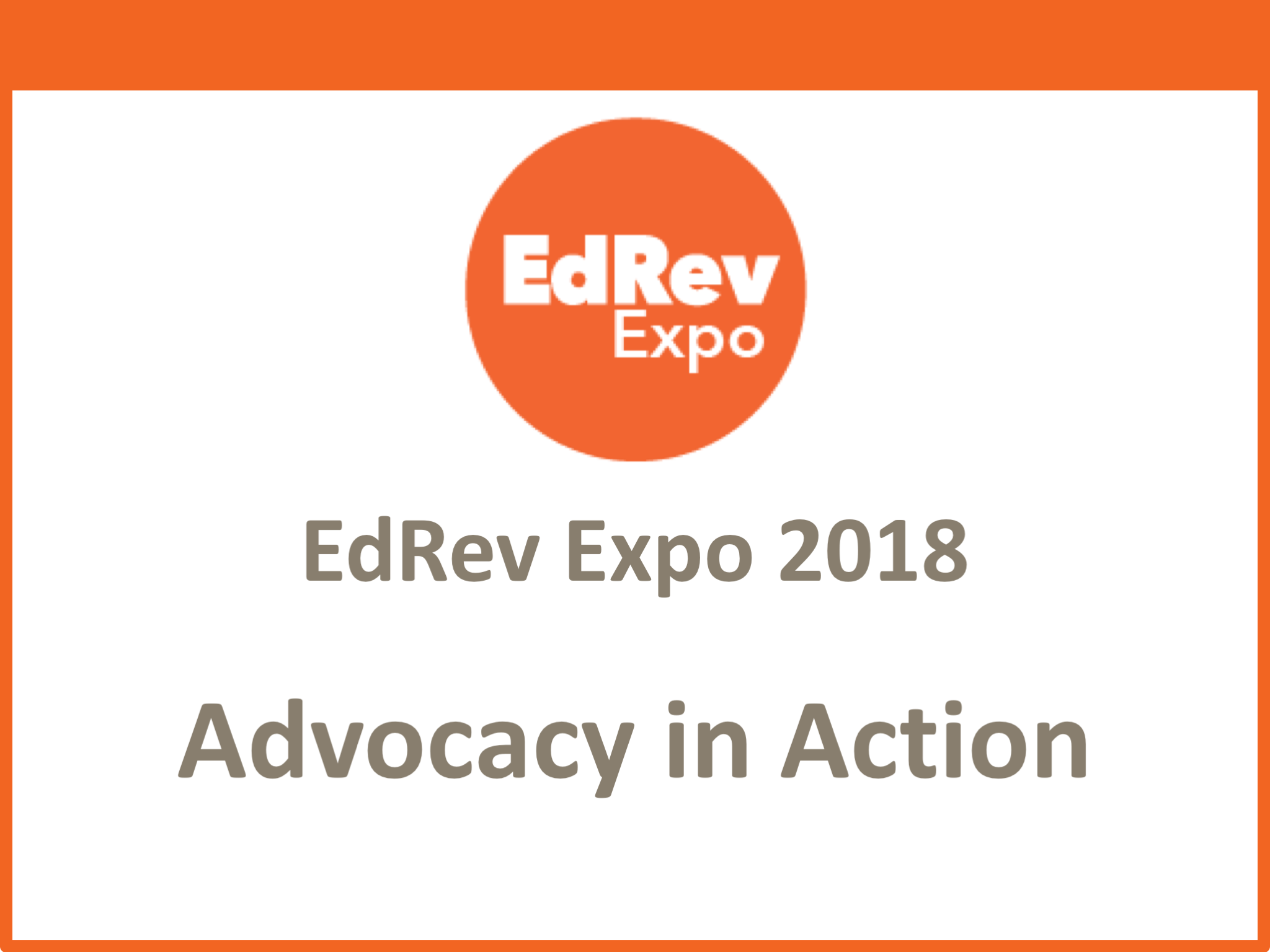Supporting Learning Differences
 In 2014, more than 6.5 million children in the United States between the ages of 3 and 21 received special education services. On this episode of School’s In hosted by GSE Dean Dan Schwartz and Senior Lecturer Denise Pope, Elizabeth Kozleski, the dean’s senior scholar for teaching and learning at the Stanford Graduate School of Education, discusses how schools approach educating students with learning differences, and talks about the laws and policies that govern those efforts. Read more ›
In 2014, more than 6.5 million children in the United States between the ages of 3 and 21 received special education services. On this episode of School’s In hosted by GSE Dean Dan Schwartz and Senior Lecturer Denise Pope, Elizabeth Kozleski, the dean’s senior scholar for teaching and learning at the Stanford Graduate School of Education, discusses how schools approach educating students with learning differences, and talks about the laws and policies that govern those efforts. Read more ›


 Recess, for most children, is synonymous with freedom. A break from class that has nothing to do with learning and everything to do with play.
Recess, for most children, is synonymous with freedom. A break from class that has nothing to do with learning and everything to do with play.
 The answer to that important question was recently addressed in
The answer to that important question was recently addressed in 
 The
The 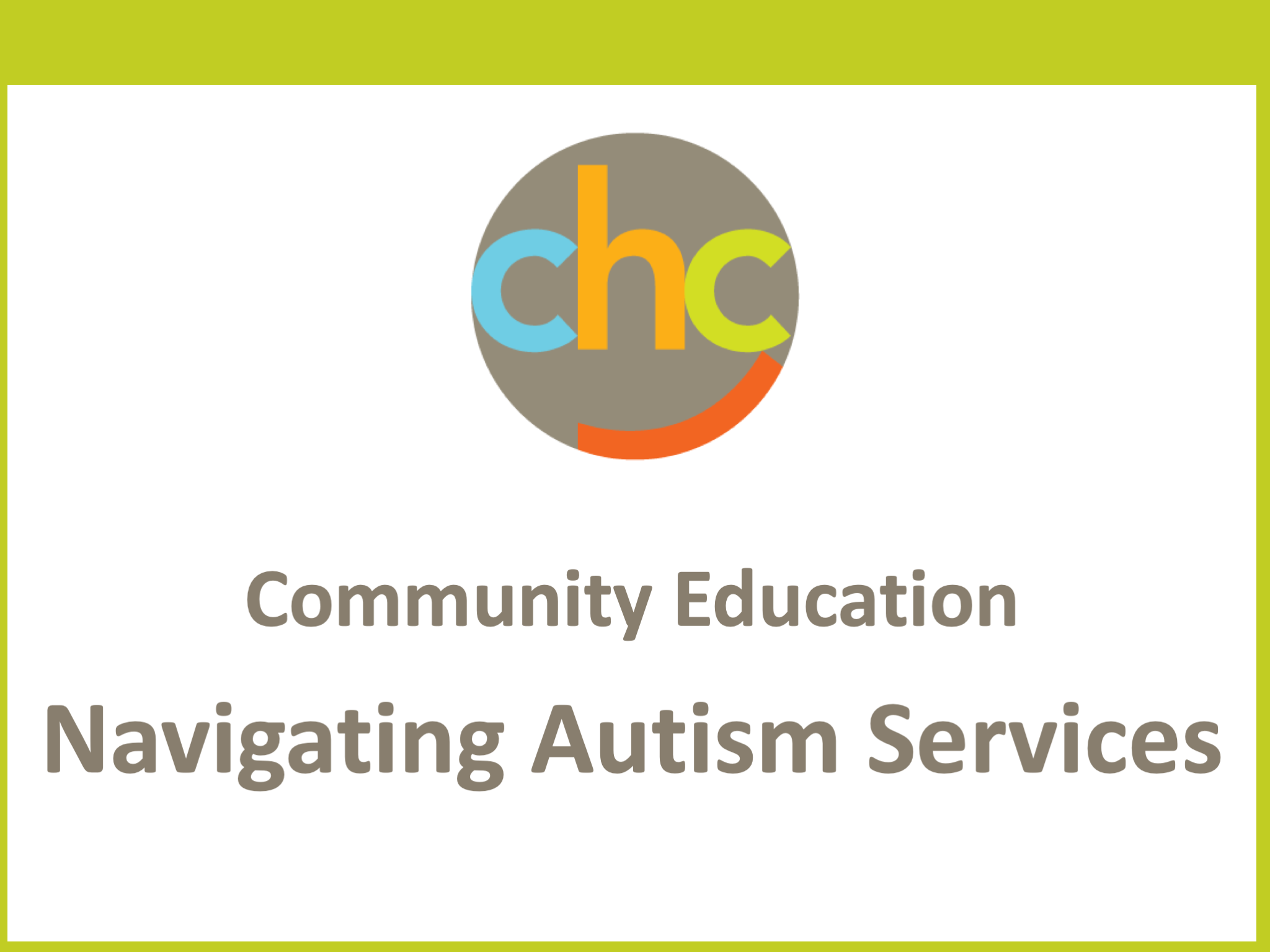
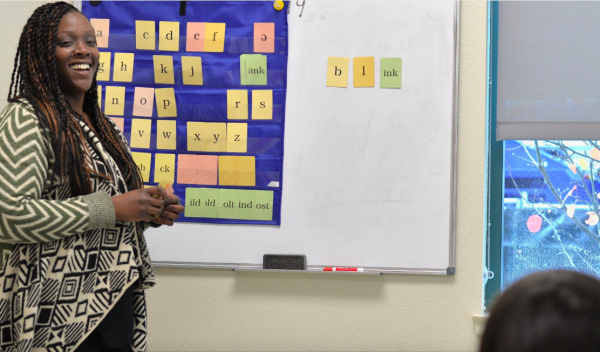
 Written by Lisa Parnello, Literacy Specialist & Wilson Credentialed Trainer
Written by Lisa Parnello, Literacy Specialist & Wilson Credentialed Trainer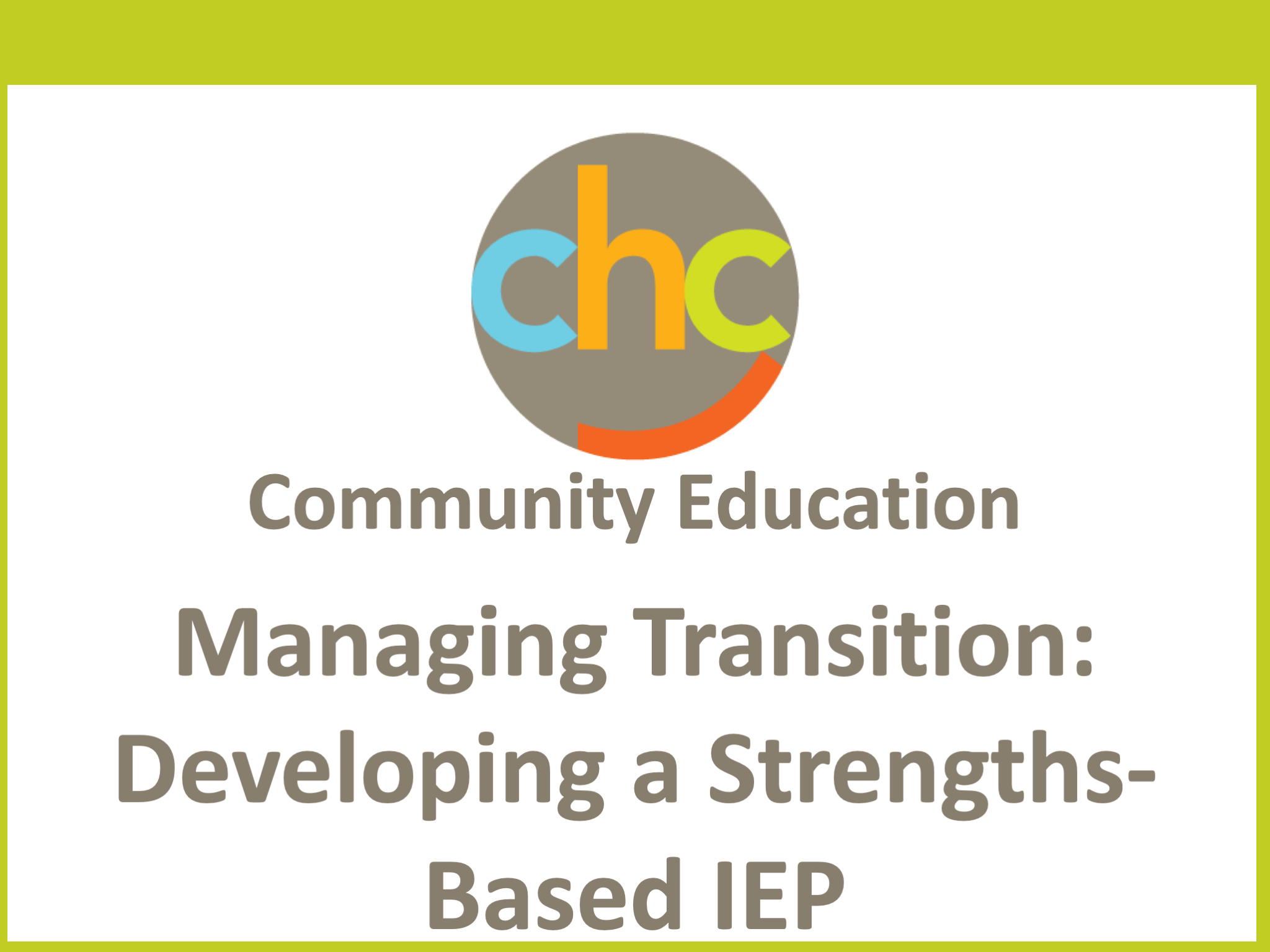
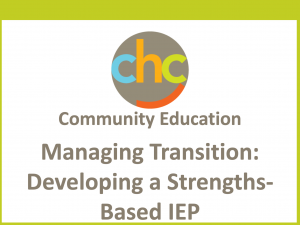 When a student on an IEP gets to high school age, the focus and format of the IEP should change. IEPs should become student-centered, strength-based and future-focused. How does a parent support their child in the revised process? CHC’s Chris Harris describes the best practice for making the transition IEP participatory, informative and effective.
When a student on an IEP gets to high school age, the focus and format of the IEP should change. IEPs should become student-centered, strength-based and future-focused. How does a parent support their child in the revised process? CHC’s Chris Harris describes the best practice for making the transition IEP participatory, informative and effective. 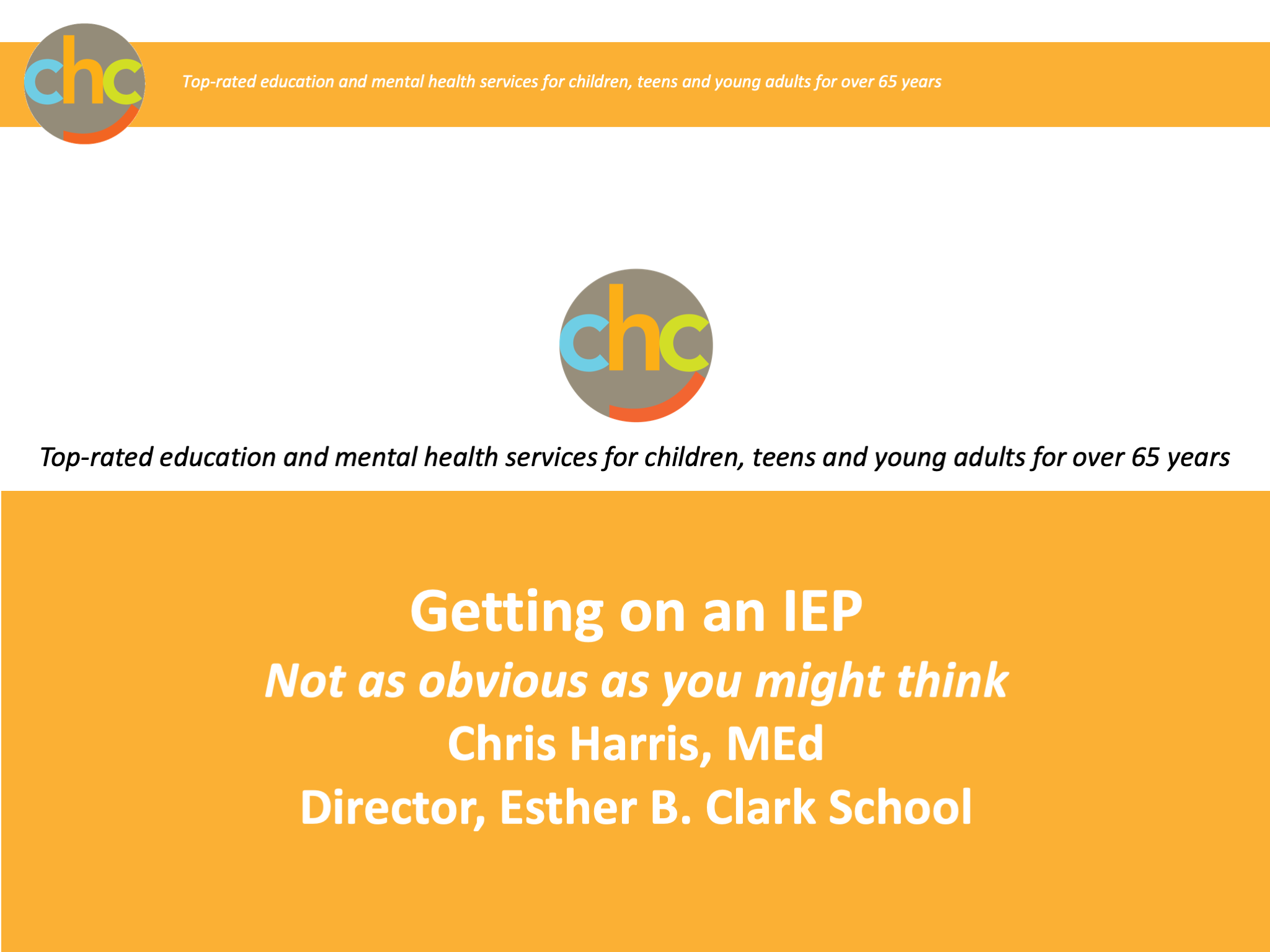
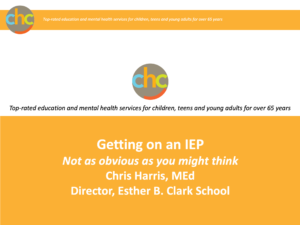 An IEP, or Individualized Education Plan must be in place for a student to receive special education services.
An IEP, or Individualized Education Plan must be in place for a student to receive special education services.
 The Supreme Court’s Endrew F decision in 2017 is an opportunity to improve the services
The Supreme Court’s Endrew F decision in 2017 is an opportunity to improve the services 